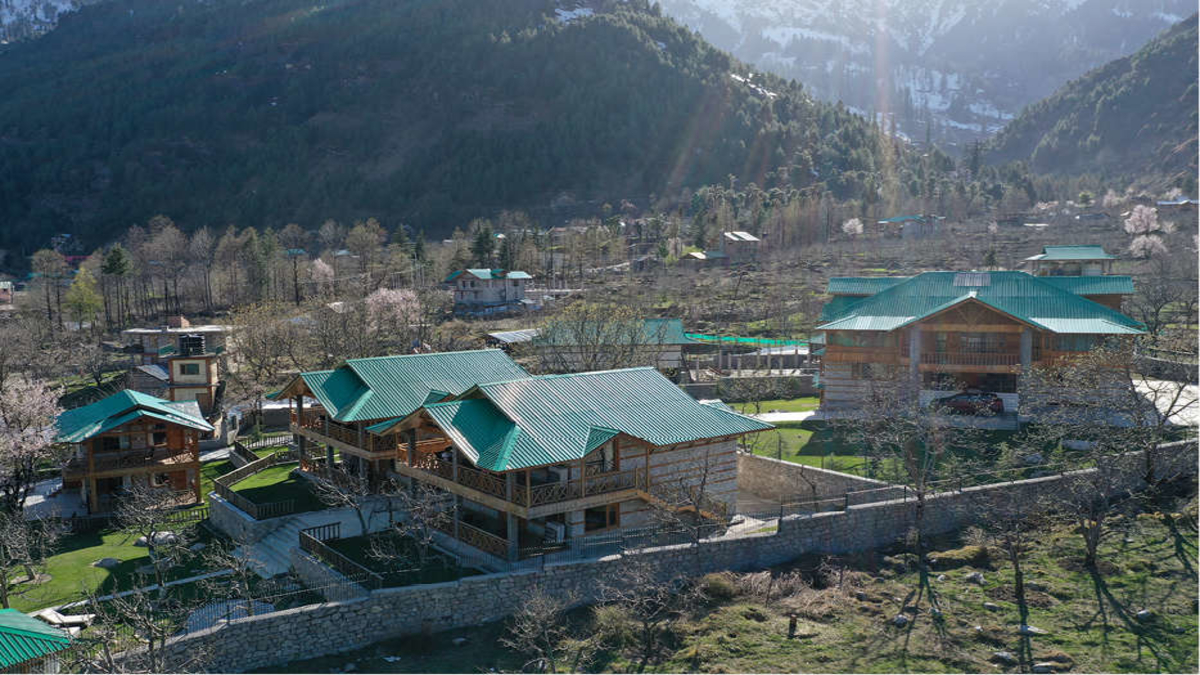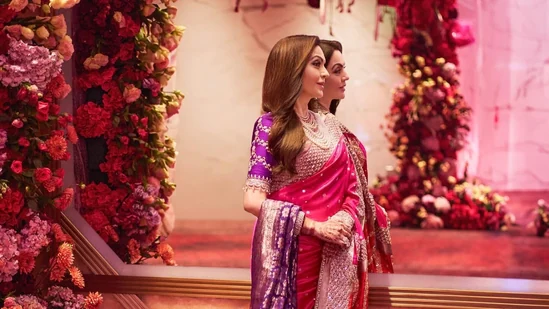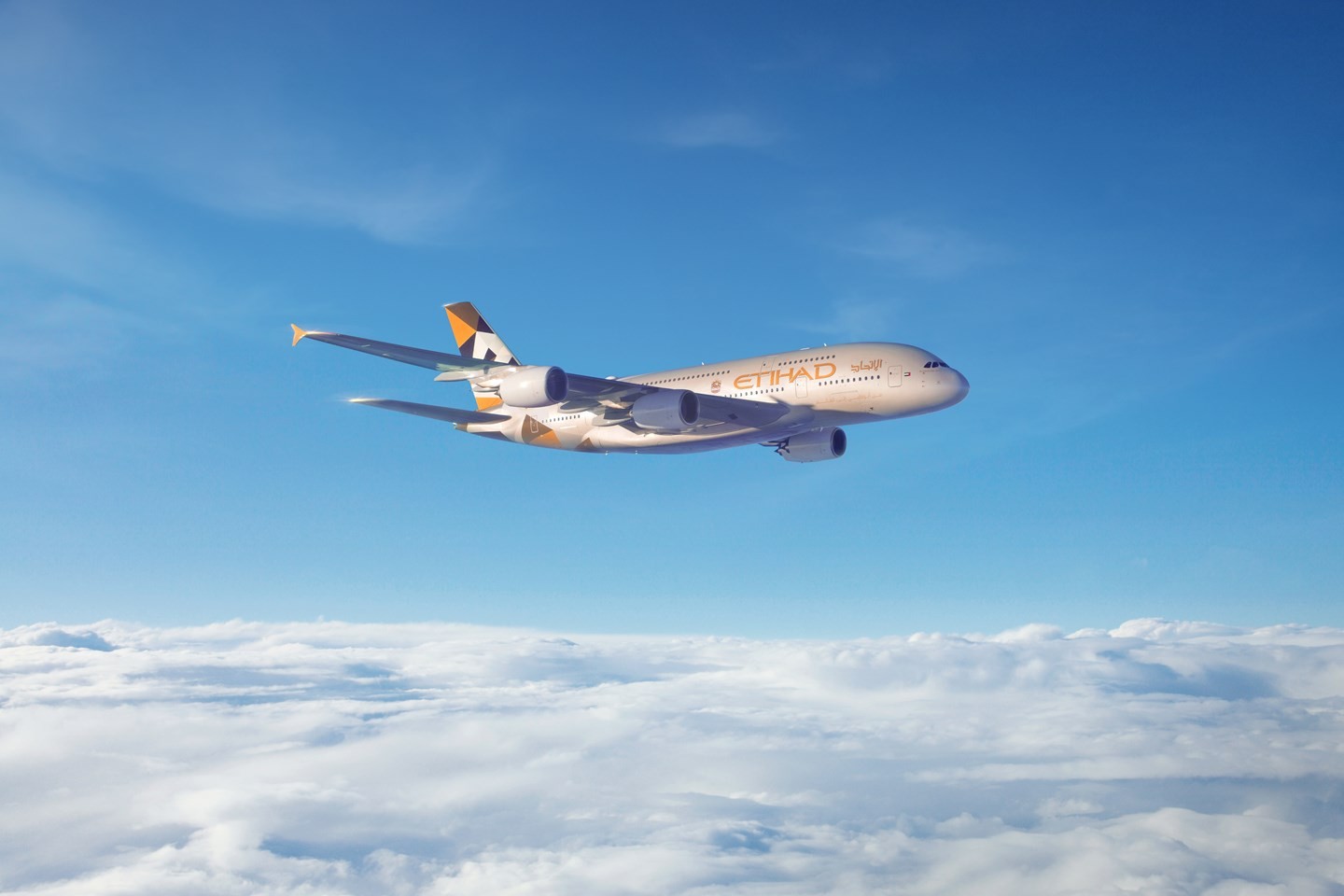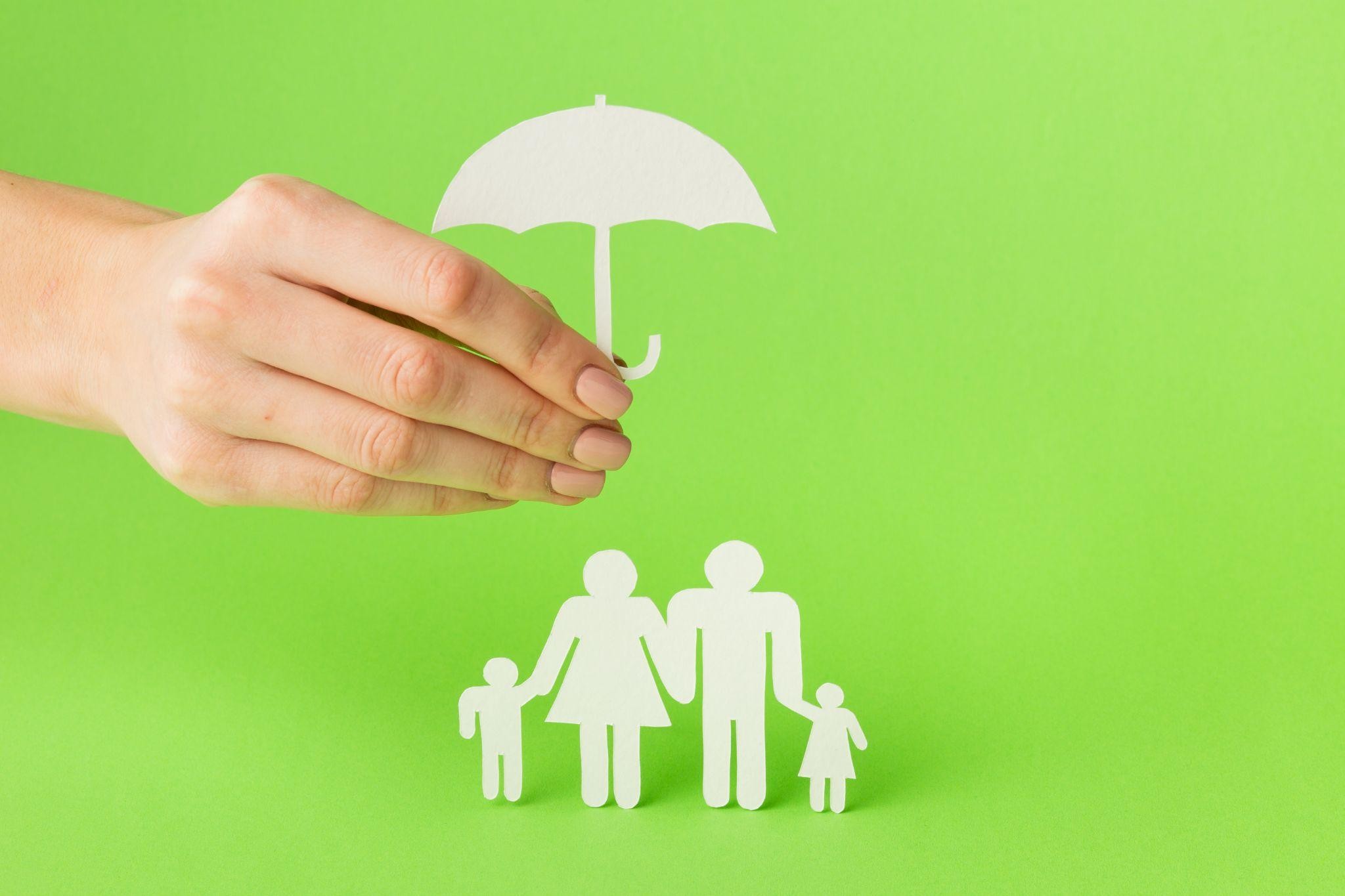Just this morning, when I was washing down my last omelette morsel with coffee did I read the Covid 2.0 news bulletin: “India overtakes Brazil as world’s second worst-hit country by Covid-19 with a record rise in daily cases surpassing the 12-lakh mark.” The ghastly picture of this time around last year sent a shudder down my spine. Another national lockdown? More casualties, an overloaded medical infrastructure and the continued crippling of our economy?
Would 2020 repeat itself after all?
Having had little interim period to recover from the dread of last year, will our rising pandemonium plummet us into a global mental pandemic? With the drastic surges in daily cases, even the nonchalant fence sitters amongst us are beginning to feel a tad bit anxious. And what frightens us all is the continued lack of protocol adherence in densely populated hubs around us. In his recent news broadcasts, Prime Minister Narendra Modi makes frequent reassurances over the surging numbers: higher tests being conducted amount to higher figures. The Covid vaccine will slowly but surely immunise us all. This strain is more virile but less lethal. And the speculations continue. Cases rise, as does existentialist dread.
By the time this feature is published in my column, Himachal Pradesh would be on its last date of permitting entrants without a negative RTPCR report. Regulatory bolts by state governments are already tightening as I write, and for the best reasons of course. But amongst the endless obscurities lies the fate of the hospitality industry during Covid 2.0.
Pardon me for sounding frivolous if you might, but as an independent hotelier in Manali, I am responsible for raising over 50% of my annual revenue in the brief window that lies between April and July. With this, I must secure the livelihoods of dozens of my employees whilst also ensuring their utmost safety at work. My staff and I are fully prepared to comply with more stringent safety protocols, to put ourselves out there in a way that best assures forthcoming visitors as they count on us. But here is why I am more pensive than ever: Despite the hospitality industry being amongst the world’s largest employers, Indian hotels received as little as zero SOPs during the initial stages of last year’s lockdown. As the months straggled by, finances dwindled and many players in the trade were compelled to either lay off their manpower or close down altogether. And what’s more, the lack of leisure travel weighed down more heavily on the global population that underwent indefinite months of the lockdown.
2021 offers us the rare hindsight that we lacked last time around. Without dismissing the paramountcy of disease mitigation to the very least, I make a sincere bid in favour of systematising our prevention and containment strategies with an increased commitment vis-à-vis mental health. It is typical for the average citizen to dismiss this plea as superficial and disregarding of collective health and immunisation. In truth, it is quite on the contrary. Urging the supervised continuance of leisure travel in fact, garners our prolonged resilience to the pandemic. In other words, the power of a physical, emotional and mental recess from our daily mundanities only renews and strengthens our coping mechanisms towards those mundanities. Add on top of those mundanities a global pandemic, and the sanctity of that recess only becomes more apparent.
Take for example our most cardinal set of practitioners: The military, medical professionals, lawyers, engineers, teachers and so on. Whom do they turn towards for their daily recesses? Artists, entertainers, creators. And ironically enough, their relative lack of monetary opulence has led our economies to regard them as redundant or secondary professions. This tendency of ours to generalise holds account for our similar relegation of the hospitality industry as not so cardinal. For a social-scientist, this is barely surprising. After all, doesn’t capitalism condition us all to believe that in order to pursue anything at all, we must derive its commercial worth? So much so that never mind its role in our essential functioning, a general lack of its economical yield must instantaneously induce shame?
A second irony springs out here. How can an economy maximise itself while neglecting the very source of that maximisation? No wonder most gym goers (in that very economy) are unaware of muscle development taking place during the recovery hours/days without which, all they’d be left with is muscular damage and injuries. Why must we then deny ourselves those essential recesses that further not only our survival, but enhance our growth?
On the brighter side, adapting to the new normal has equipped the hospitality sector with tremendous means of innovation that are strengthening its resolve. Contactless check ins and check outs, state of the art fumigations, contactless services, social distancing, QR code menus and responsible tourism is not just the need of the hour, but also a promise for a brighter and better future. And what better symbiosis than one that trades off service, rejuvenation, economic empowerment and experience all at the same time? An answer is yet to appear in sight, but these questions must be asked and pondered, over and over again.












